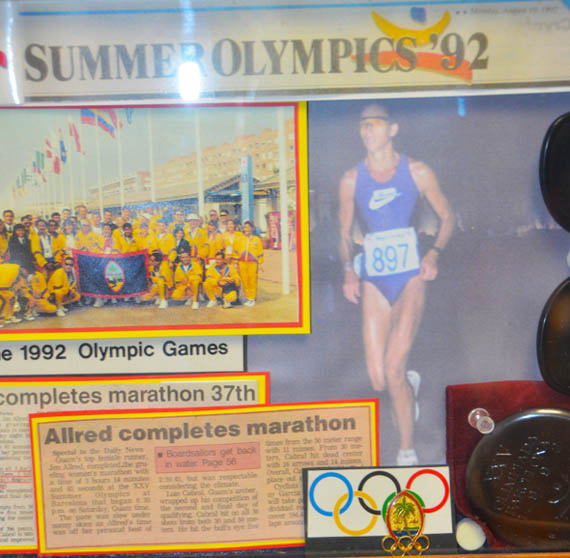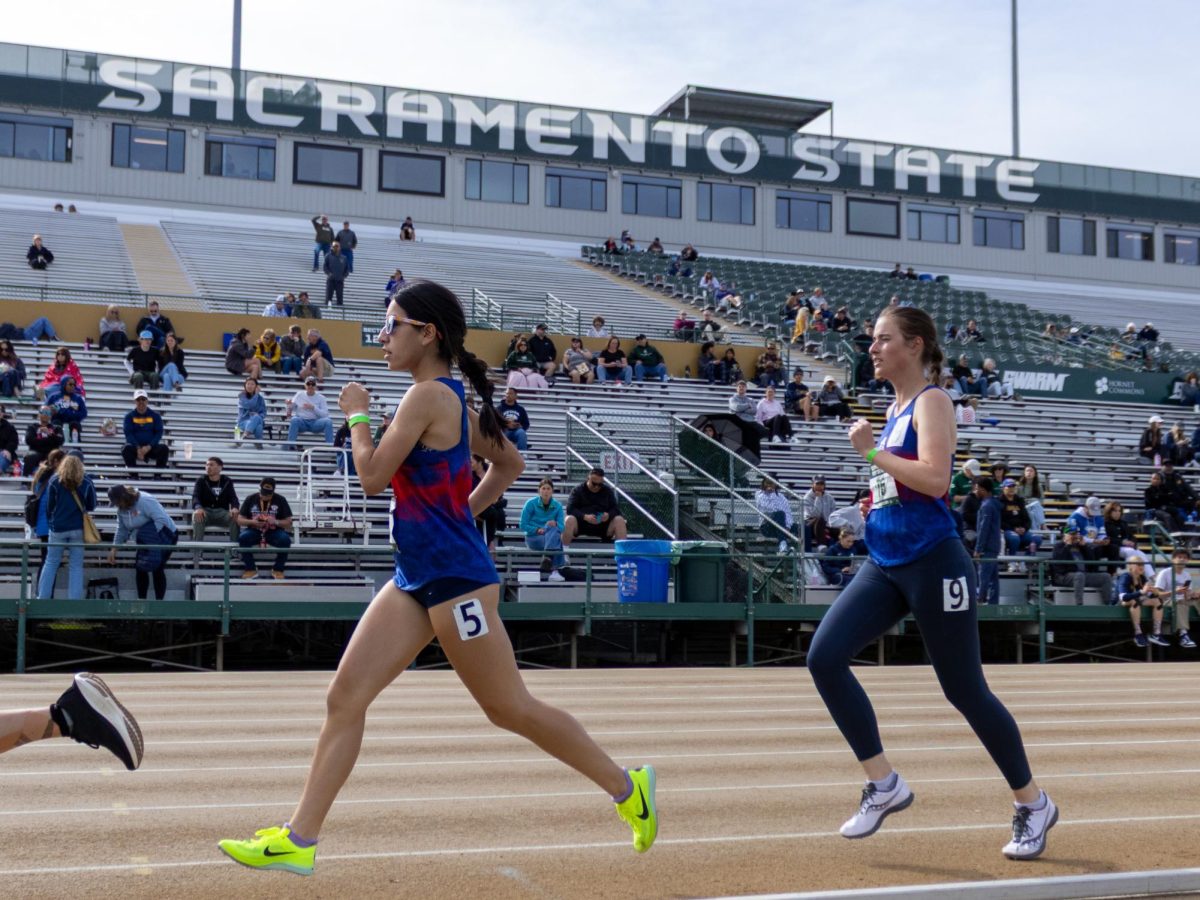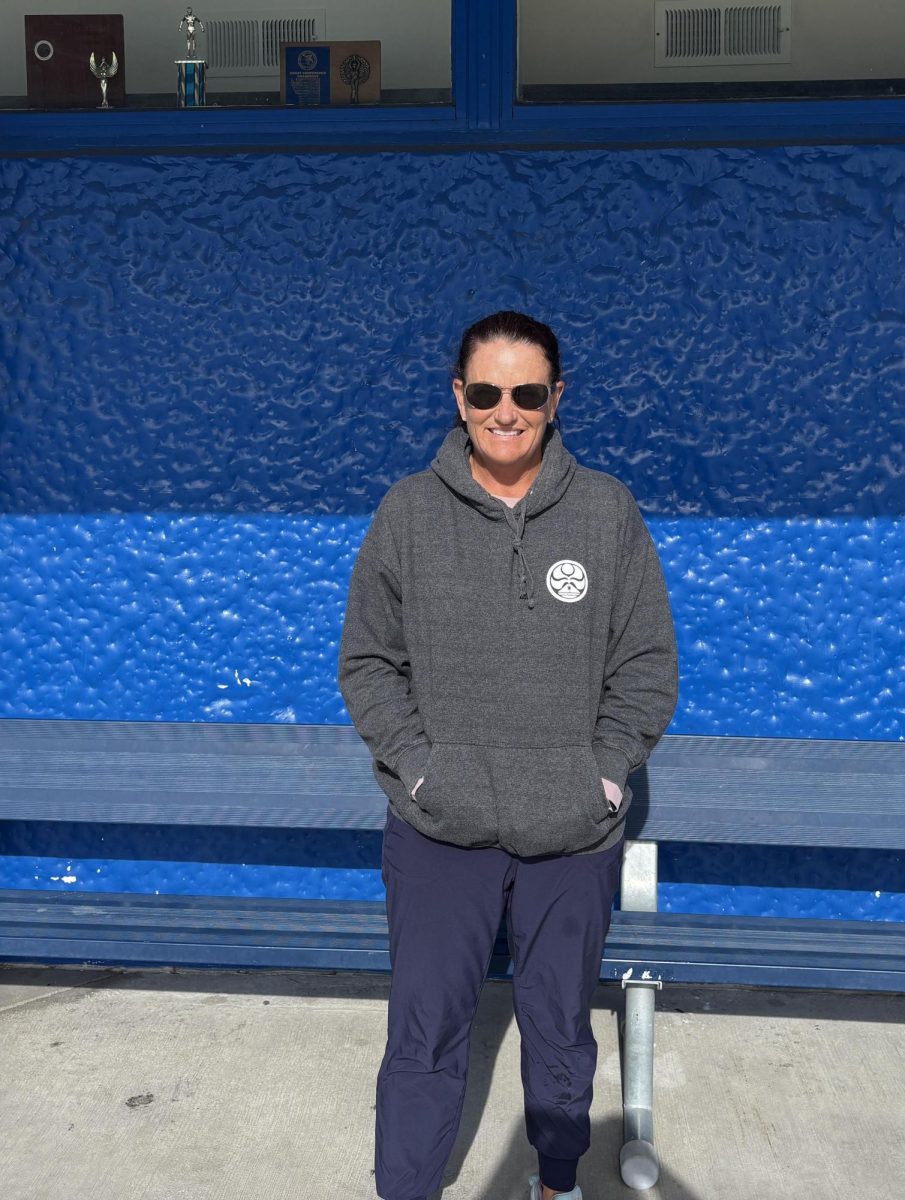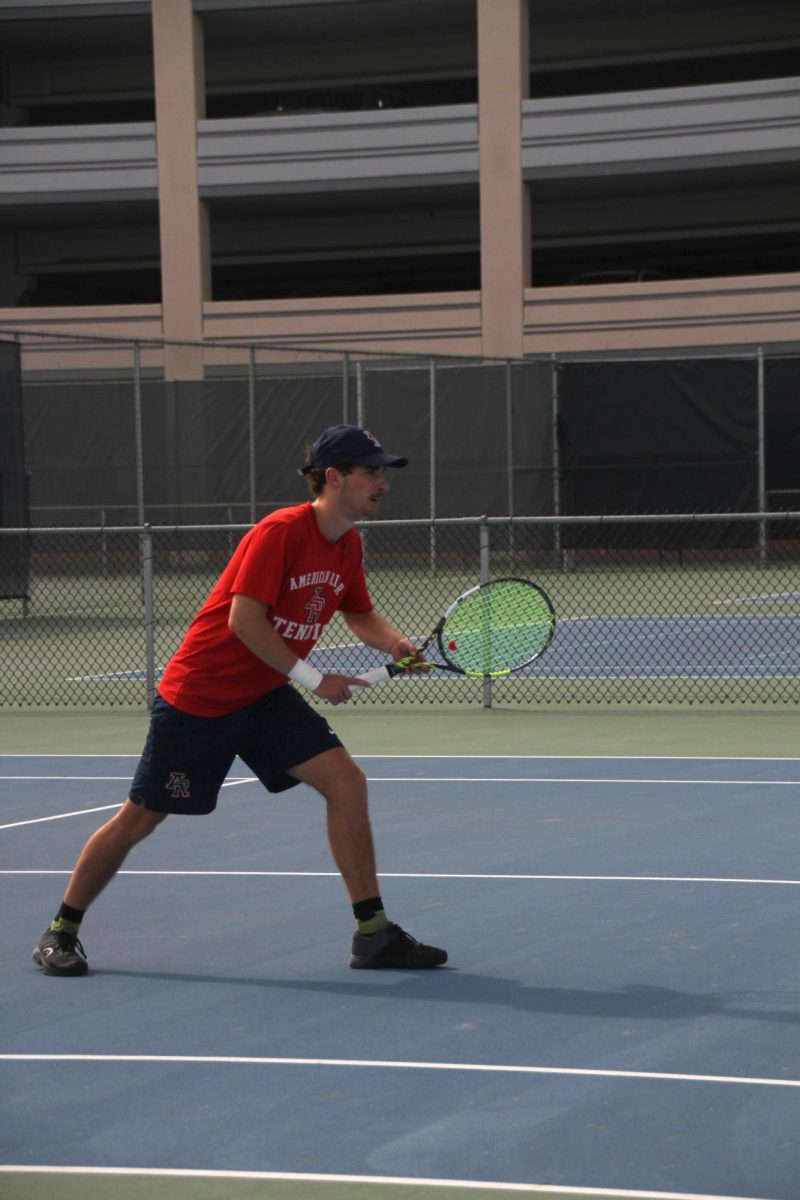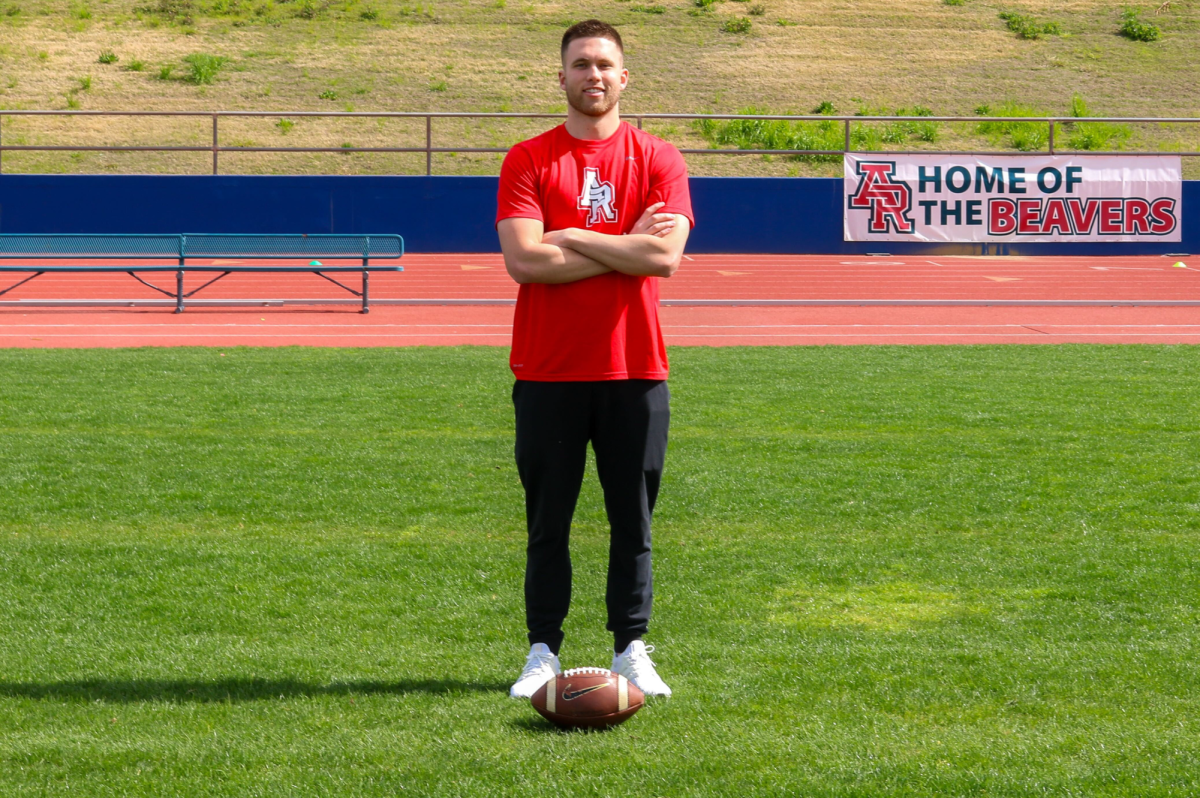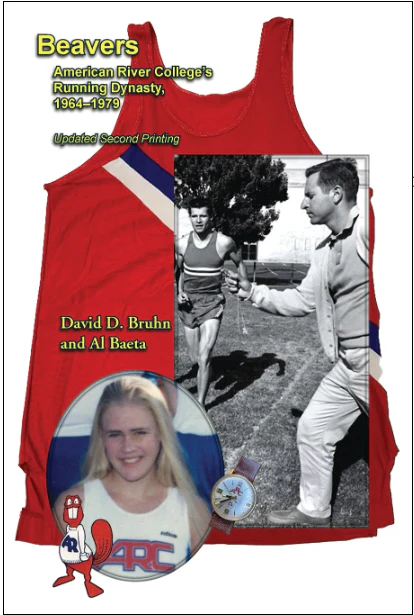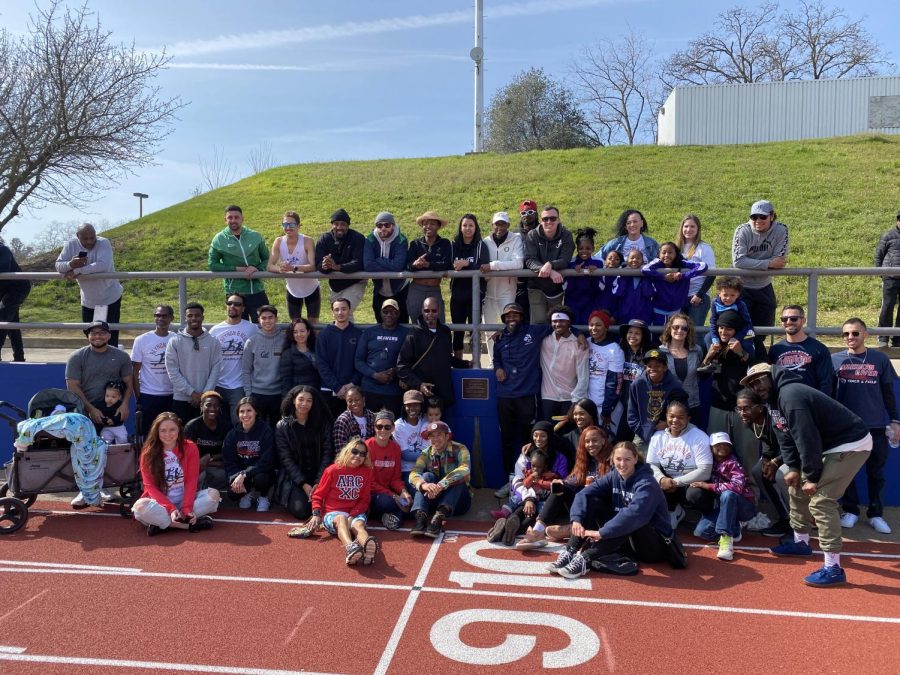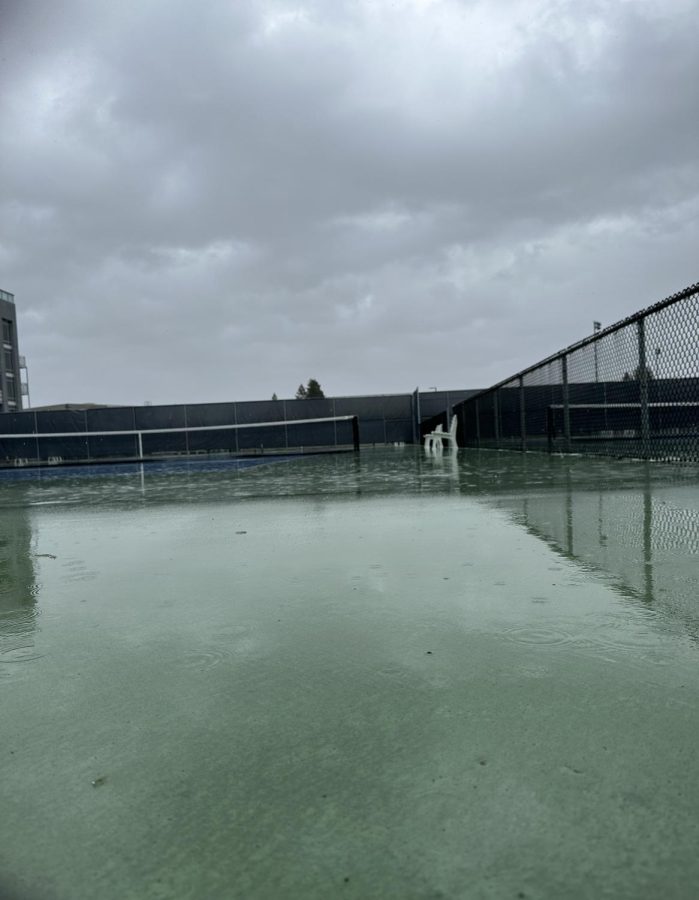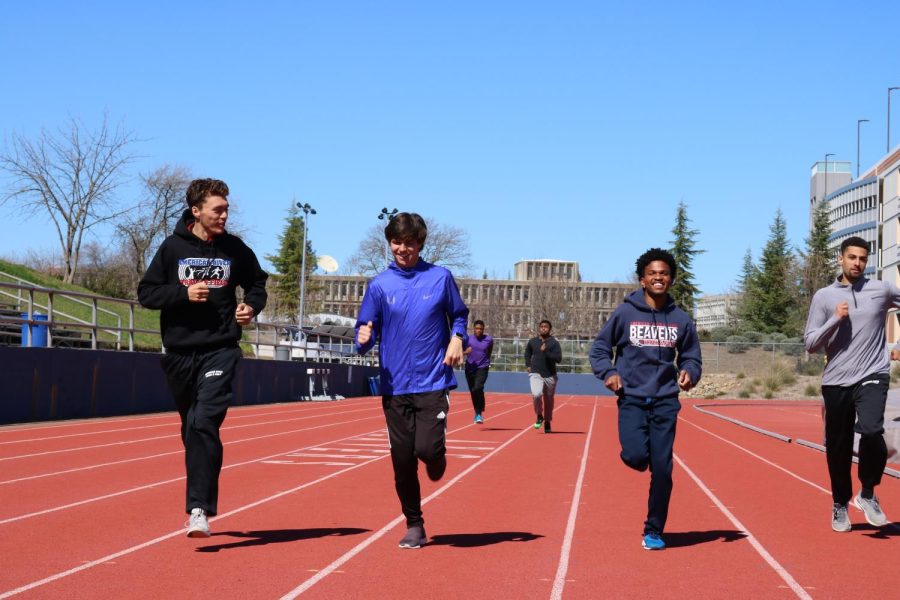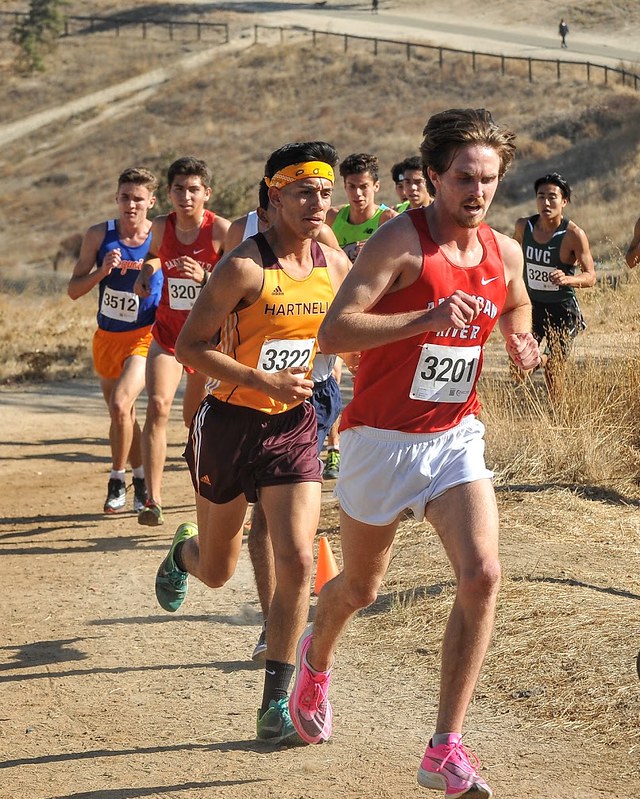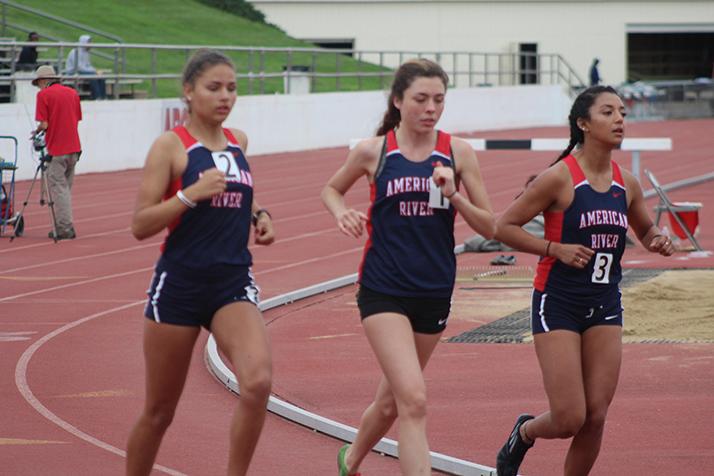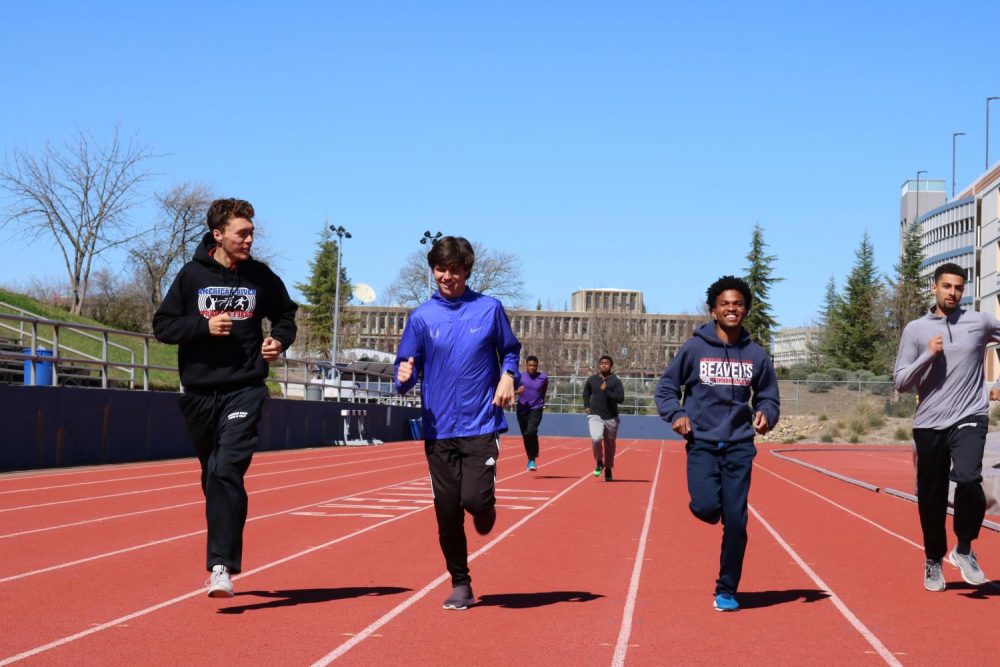Jeanette Powless and Jim Howard have both taken compelling paths to American River College. Powless competed in the 1992 Olympics in Barcelona, while Howard twice won Western States, a one hundred mile race from Squaw Valley to Auburn.
Powless grew up surrounded by a family of runners.
By the age of six, she had already set three world records for her age group respectively.
“I had five siblings and they all ran, and my dad was an assistant coach so I just sort of tagged along,” said Powless.
While Powless started her running career early, Howard didn’t start running until his sophomore year while attending Elk Grove High School.
Howard explained that he wanted to join an individual sport instead of a team sport.
“I wanted to go out for a sport, but I wanted to do an individual sport,” said Howard.
Howard was running for the varsity squad by the end of his first year, saying that he dominated the league during his junior and senior years.
During his senior year, Howard’s said his coach would take him for runs of 20 miles at a six minute pace.
Despite the rigorous training routine, Howard says he didn’t realize how far he would progress over the coming years.
“(Running is) a progression. I didn’t know how fast I would become,” said Howard.
After high school, Howard went onto Cosumnes River College where he was the number one distance runner on the team for the two years he competed.
After his time at CRC, Howard continued his career by moving onto Sacramento State University where he ran his last two years of eligibility in 1976 and 1977, helping to coach a national cross country competition the following fall.
Howard became a wilderness ranger for the forest service, but he never ventured too far away from the sport he loved, spending the next seven years working and training for marathons.
In the 1980 Olympic trials in Buffalo, Howard was the second to last to qualify and in the first mile the leaders were hitting 4:30 pace while he hit a 5:10 pace.
This was only the beginning of a very successful career for Howard. He went on to win four American River 50 mile races during the 1980’s.
During the same period, he won Western States with a time of 16 hrs and 2 minutes in 1981 and 16 hrs and seven minutes in 1983.
Howard spent 4 ½ months training for the 1981 Western States, finishing 6th in the competition in 1978 with a 30 minute lead.
Howard said the longest training run that he ever ran by himself was a distance of 62 miles all throughout Foresthill in Placer County.
“It’s putting in the time to be the best you can be,” replied Howard when asked if he enjoyed all of the training.
From the ages of six to sixteen, Powless said she was doing double runs every day, competing in road races nearly every weekend while training alongside United San Juan, a girls 18 and under running club team.
Her success came with a price, however.
“By my sophomore year I was burnt out and I wanted to enjoy my friends and have a social life, so I stopped running and joined the dance and drill team at La Sierra High School,” said Powless.
Powless, beginning to notice all her teammates she grew up with were receiving scholarships, decided to go to ARC and run cross country and track in the hopes of paying her way through school.
After not running for 4 years, Powless had to get back into shape before she could compete again.
“The first few (cross country) races, I was dead last but I moved up a lot and by the end of the season I was top ten,” said Powless.
By the end of her second year, she was the state champion in track for her 1500 time of 4:33, the all-time record in ARC history that still holds to this day.
Powless continued her education at the University of Northridge, where she received a scholarship for running.
Northridge had changed to a division II school the year she arrived, meaning that Powless had to pay her own way instead of receiving a scholarship that she would have gotten at a division one school.
After college, she accepted a job in Guam where she lived for the next 7 years teaching sports and training for the 1992 Barcelona Olympics.
In Guam, there were no tracks, facilities, or coaches, and all training had to be done alone and in the hot and humid Southern Pacific weather.
Powless’ training involved a lot of running, biking, and swimming with a low amount of miles ran, averaging about 50 miles per week, while competing in local triathlons nearly every weekend.
In the Olympic marathon, Powless finished 36th out of 42 competitors.
She described the experience as “not a good race for me.”
Even with an unsatisfactory outcome, Powless had the best finish of any Guamanian to date and was awarded the best athlete of the century in Guam’s history.
Now that Powless and Howard have settled down with their athletic careers, they both continue to coach and spread their love for running.
“I’m transitioning from being a serious master’s runner to being a coach because I love being around the sport,” said Howard.
Powless’ current players say that her history with triathlons and running has had a positive effect on them as athletes.
“She’s really helped me with the idea that you should try everything once,” said Nursing major and mid distance runner Jocelyn Stillwell.
“She’s done it all so she’s got the experience and she passes that onto us,” said Business major and ARC’s current women’s number one distant runner Jenica Dodge.


